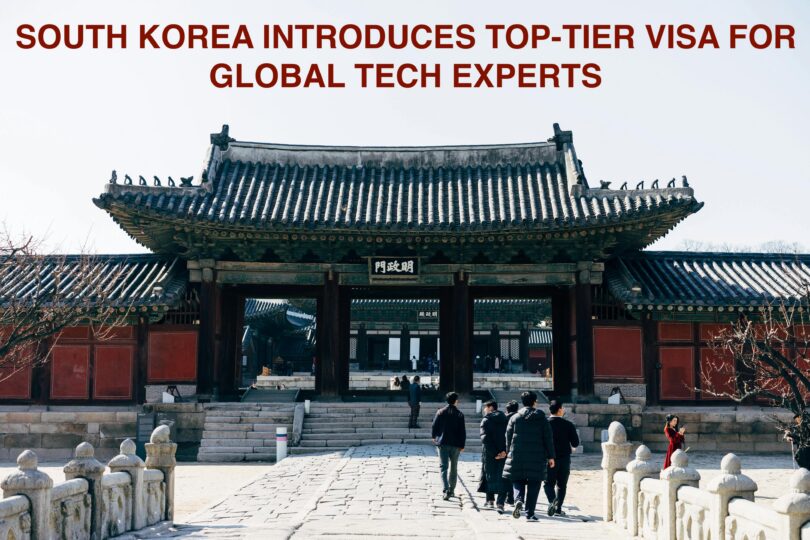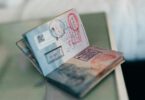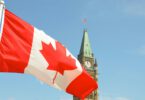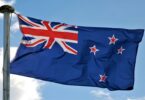South Korea has introduced a new immigration program, the Top-Tier Visa program (F-2 Resident Visa), aimed at highly experienced international experts in developed sectors.
This initiative aims to boost the nation’s status as a global tech center by enticing professionals in areas such as semiconductors, display technology, biotechnology, and secondary batteries.
The visa program was declared an aspect of Korea’s wider strategy to deal with skill shortages and improve innovation in its high-tech industries. It is formed to offer long-term residency and total economic practice liberty for international experts and their households.
ALSO SEE: GETTING A SEASONAL WORK VISA IN EUROPE: TOP HIRING NATIONS YOU CAN’T SKIP IN 2025
Based on the official statement, successful candidates can get immigration VIP cards, which permit quicker immigration clearance and priority safety reviews at airports.
WHAT THE TOP-TIER VISA (F-2) PROVIDES
The F-2 visa provides the following advantages:
- Long-term residency for experts and their households
- Privilege to get involved in any economic exercise
- Qualification to apply for permanent residency after 36 months.
- Immigration VIP Cards for quicker airport processing
- Priority industries protected
The visa aims at experts in four major industries that are regarded as crucial to South Korea’s future economic competitiveness:
- Display technology
- Semiconductors
- Biotechnology
- Secondary batteries
QUALIFICATION MEASURE
To be eligible for the Top-Tier Visa, candidates are required to satisfy the following conditions:
Academic setting
- A master’s or doctoral program from an institution rated among the top 100 worldwide based on QS, THE, or the Academic Rankings of World Universities.
- Alternatively, A bachelor’s or higher program from a top 200 institution may be deemed in future revisions.
- A signed agreement with a Korean firm on one of the four priority industries is needed.
- Yearly earnings must be at least three times the national GNI per capita.
- If yearly earnings are four times the national GNI, academic and experience conditions may be waived.
Occupational skill
A minimum of 8 years of necessary job skills, including 3 years at a Global Top 500 firm, or a minimum of 5 years of research skills with a PhD, including 3 years at a top-notch research institute.
Identified institutions and employers
The South Korean authority has recognized global and local institutions and firms that carry weight in visa application processing.
Leading South Korean Firms based on Forbes Global 2000
- POSCO – 412TH
- Shinhan Financial Group – 304th
- KB Financial Group – 250th
- Kia Motors – 234th
- Hyundai Motor Company – 93rd
- Samsung Electronics – 21st
Universities
- POSTECH – 98th
- Korea University – 67th
- Yonsei University – 56th
- KAIST – 53rd
- Seoul National University – 31st
HOW TO APPLY
Candidates can present their documents via two major channels:
- Designated immigration offices in South Korea
- The Ministry of Justice’s official online portal
The visa also allows the attachment of dependents, making it a family-friendly immigration route.
Other visa choices for international experts
Apart from the Top-Tier Visa, South Korea has so many existing visa classifications tailored to different skill levels:
E-7 Visa (Specially Designated practices)
This is for experts in sectors like Information Technology, engineering, design, and education. It needs employer support and Ministry of Justice authorization.
D-8 Visa (Business investment)
For entrepreneurs and investors developing businesses in South Korea, with capital conditions and a business plan.
D-2 and D-10 Visas
D-2: For fpreign stduents
D-10: For employment seekers who have recently concluded studies or job contracts.
F-5 PERMANENT RESIDENCY
Awarded after long-term residency under F-2 or E-7 visas with stable earnings and social integration.







